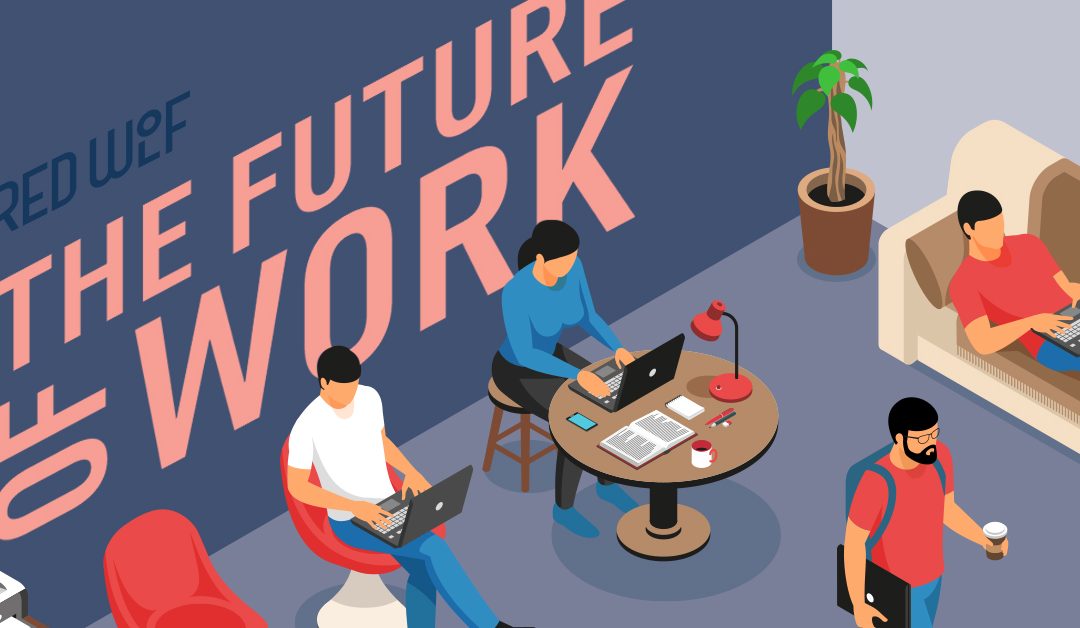Why do we work? It’s not a question we stop to ask ourselves often. If you ponder the question, you may come up with common logical answers.
- To secure our financial health
- To fund our lifestyle choices
Pre-covid, these two answers would have been given by the vast majority of people to whom we asked this question. But a funny thing happened on the way to the future…
No one expected that a global pandemic would change how we view the future of work. There was a slow move towards purpose-driven and value organisations, and organisations still had the ball in their court. Without exceeding internal pressure to change, most organisations slowly pushed the 1950s concept of Corporate Social Responsibility (CSR) up a hill. Organisations were responding just enough to consumer demands for environmental impacts and transparency.
What the pandemic did was fuel the internal pressure.
Organisations are facing more pressing demands from employees seeking to maintain a healthy balance of personal and professional priorities. In a recent report, Mckinsey found that over 80% of people surveyed enjoyed working remotely. The demands of the daily commute lifted, easing the burden on the hip pocket and creating more time for individuals to enjoy their endeavours.
So how does all of the above impact the future of work?
How we work has changed.
Those organisations that were slow to adapt to remote or flexible working had to jump into this space reasonably quickly over the last few years. Some organisations took months to adjust to the new concept. Those who were ready flourished and were able to focus on navigating the volatility of the changing environment. Here is the impact on how we work.
Traditionally |
The Future of How we Work |
| Office-based | Remote Working (Anywhere in the world) |
| Long hours 9-10+ | Non-linear working hours (value and output over time) |
| Deskbound | Device bound (option for different device) |
| Some collaboration | Global Collaboration |
| Limited access to tools | Access to SAS tools or Devices (BYOD) |
| Flexibility = Part-time | Flexibility = Contextualised hours |
| Shamed around flexibility | Encouraged flexibility |
| Heavily reliant on onsite tools | Not dependent upon central tools or offices |
| Onsite meetings and training | Mobile sessions, location-based training |
Here are the top four considerations organisations should be reviewing for how their employees want to work in the future
- I want flexibility in my approach to work
- I want a purpose that connects me to motivation and output
- I need true flexibility and access to the right tools to do my job from anywhere
- I want to innovate and create change
Why we work has changed.
Individuals are moving away from a pure fiscal motivator to a holistic motivator that embraces an individual as a whole person. What does that mean? We care about being paid correctly and want to also live our lives simultaneously – with meaning and purpose. Here is the impact on why we work.
Traditionally |
The Future of How we Work |
| To secure finances | Satisfaction (Calling) |
| To finance our lifestyle | Service to others |
| To finance other choices | Personal development and education |
| To get promoted | Cultural development and education |
| Because we have to | People |
| Social Impacts |
Here are the top four considerations organisations should be reviewing for why their employees want to work in the future.
- I want to connect to a purpose and find meaning
- I want to grow, be heard, and contribute
- I want to be able to use my Strengths
- I want to live in balance
What we do next as managers, leaders, and organisations is crucial in attracting, developing and fostering the future workplace. Are your managers and leaders future-ready? Reach out today to the Red Wolf Group team to discuss this further!
